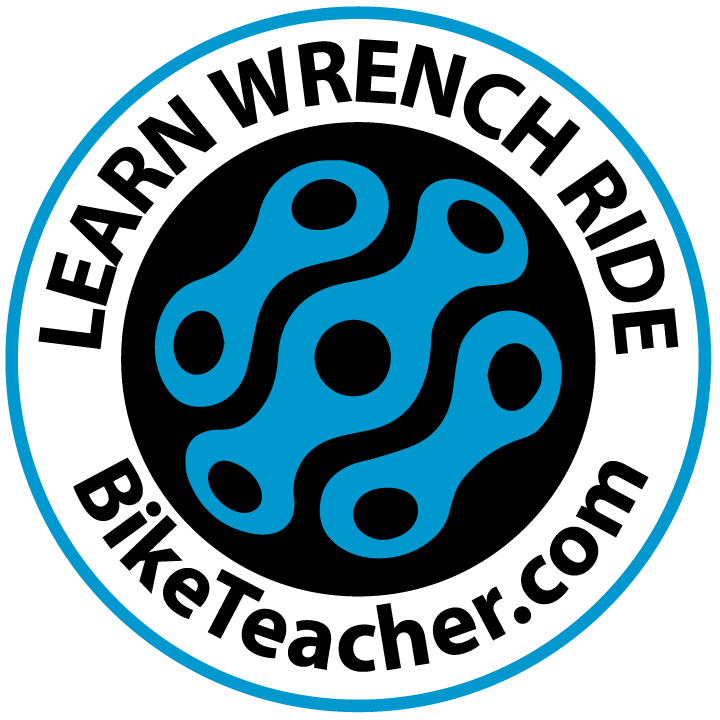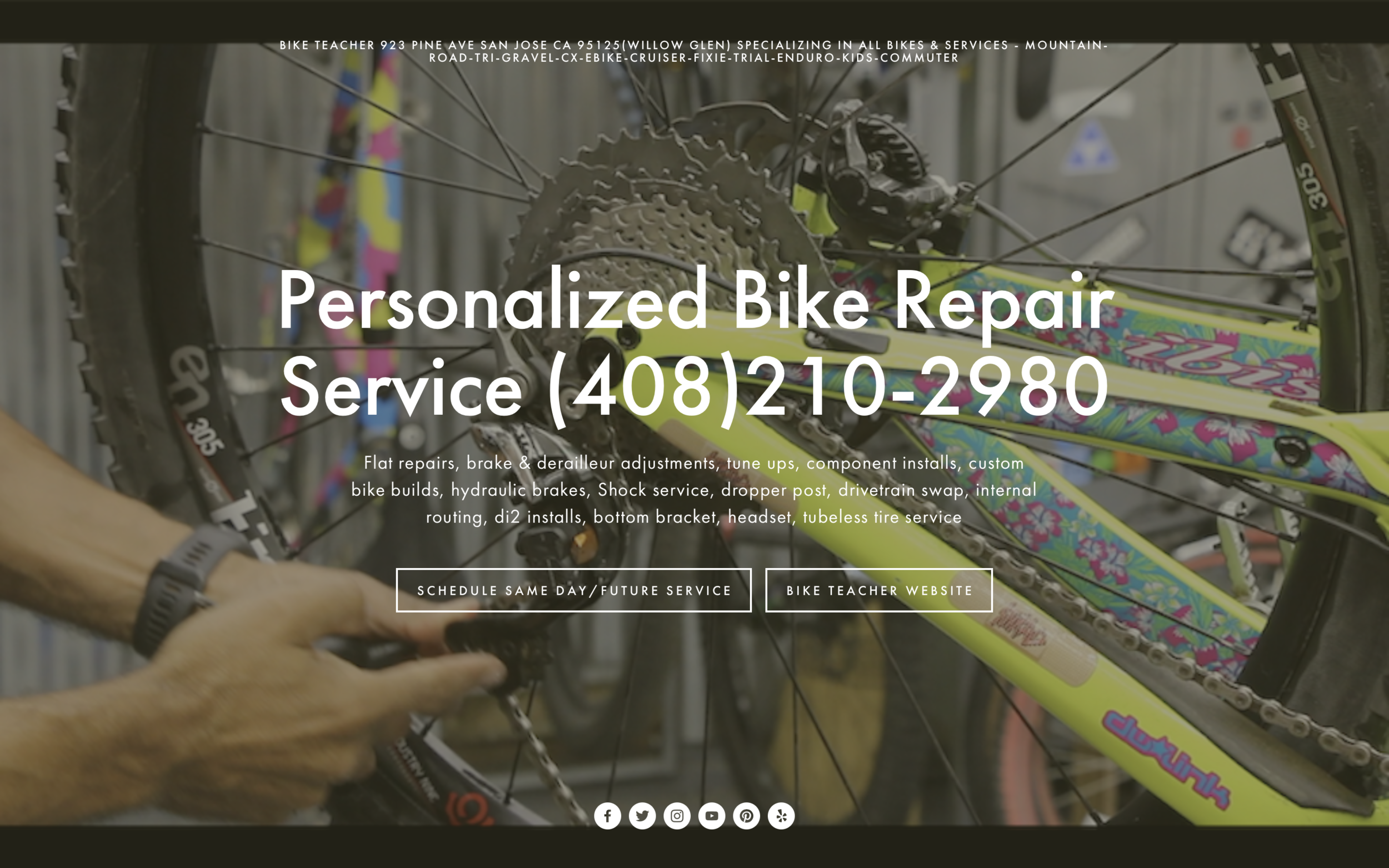
Blog Repair
What is a common bike tune up?
Bike Tune Ups
Bike Tune Ups
When I start a bike tune up I usually follow a routine. I start with the wheels by removing them form the bike and installing them one by one on the bike truing stand. I like to use the Park Tool TS 2.2. My stand is about 8 years old and has been good to me with just minor adjustments needed. A truing stand is a must too completing a bike tune up.
A typical wheel true in a shop would consist of the lateral adjustments also called the side to side adjustment. If anything more than this is required it is an additional cost that may be added at the discretion of the shop. This is because more time will be taken that falls outside of a basic tune up. A good shop or mechanic should evaluate the bike at the time of drop off with you there to discuss options.
After truing both wheels they are installed back on the bike. I forgot one step which is to check the hubs for side to side play. This can be done on the bike or on the truing stand. Most adjustments may be required and are included in a bike typical or basic tune up. Loose ball bearing type hubs are most common for this opposed to sealed cartridge style.
At the time of wheel truing an experienced mechanic will do a check for loose or broken spokes during the tune up. These things sometimes do not show up when performing the wheel true. I once rode with a broken spoke for two rides before I realized one spoke had broken off at the nipple. If this happens to you on a ride most spokes can be twisted onto a neighboring spoke until it gets repaired. As long as you do not hit a pot hole hard and fast it can stay in true.
Once the wheels are back on the bike make sure that they are centered in the drop outs before you start the brake adjustment. A brake adjustment is a major component that is included in every bike tune up. By centering the wheels you are insuring that the brakes will be adjusted to a straight wheel rather than off center wheels. This may be noticeable when the wheels are removed and installed like transporting your bike in the car and then reinstalling the wheels, the wheels may center themselves and then you will find the wheel is now rubbing the brakes.
Resetting the cable at the brake’s pinch bolt is a must if the brake lever is close to or touching the handlebar or grip. This will take all the slack out of the braking system. A good tune up will remedy this common problem. This also means some brake pad material has been used up and is no longer there. This missing brake pad material is normal wear and tear and at some point the pads will need replacement.
Derailleurs are next on the list of a bike tune up and will be the most important component as well as the most troublesome for most bike owners to adjust on their own. If your bike has derailleurs think of them as having two transmissions on your bike. These help you pedal with efficiency and speed. The higher the level of component the easier it is to adjust and the longer it will stay in adjustment form a mechanics perspective keep in mind an ongoing evaluation of bike and components are being done at this time.
Inspection in a bike tune up is crucial especially for a bike shops profitability. Evaluating wear and tear items like chain, brake pads, tires, saddle, hand grips, fraying cables & housing are important. Things like suspension fork and rear shock should be kept track of as well by hourly use. Inspect shocks by looking for torn seals, oil leaks and deep scratches in the stanchion tubes.
The last two procedures to be completed in a bike tune up are a bolt safety check and air in the tires. Be sure to put a tool on every visible bolt to check for tightness. A torque wrench is the best first choice especially if you lack the experience to manage this by feel. Every tire’s psi can be different so be sure to find this information on the sidewall of the tire. Filling up to about 80% of the recommended tire inflation is a good place to be. This allows the tire some flex and bounce while allowing for cushion and grip in return. Of course rider weight and cargo must be taken into consideration.

